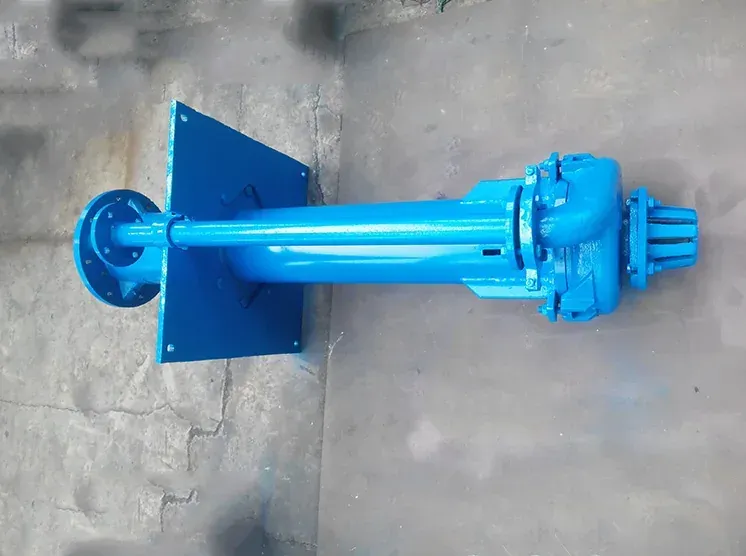English
- Afrikaans
- Albanian
- Amharic
- Arabic
- Armenian
- Azerbaijani
- Basque
- Belarusian
- Bengali
- Bosnian
- Bulgarian
- Catalan
- Cebuano
- Corsican
- Croatian
- Czech
- Danish
- Dutch
- English
- Esperanto
- Estonian
- Finnish
- French
- Frisian
- Galician
- Georgian
- German
- Greek
- Gujarati
- Haitian Creole
- hausa
- hawaiian
- Hebrew
- Hindi
- Miao
- Hungarian
- Icelandic
- igbo
- Indonesian
- irish
- Italian
- Japanese
- Javanese
- Kannada
- kazakh
- Khmer
- Rwandese
- Korean
- Kurdish
- Kyrgyz
- Lao
- Latin
- Latvian
- Lithuanian
- Luxembourgish
- Macedonian
- Malgashi
- Malay
- Malayalam
- Maltese
- Maori
- Marathi
- Mongolian
- Myanmar
- Nepali
- Norwegian
- Norwegian
- Occitan
- Pashto
- Persian
- Polish
- Portuguese
- Punjabi
- Romanian
- Russian
- Samoan
- Scottish Gaelic
- Serbian
- Sesotho
- Shona
- Sindhi
- Sinhala
- Slovak
- Slovenian
- Somali
- Spanish
- Sundanese
- Swahili
- Swedish
- Tagalog
- Tajik
- Tamil
- Tatar
- Telugu
- Thai
- Turkish
- Turkmen
- Ukrainian
- Urdu
- Uighur
- Uzbek
- Vietnamese
- Welsh
- Bantu
- Yiddish
- Yoruba
- Zulu
Telephone: +86 13120555503
Email: frank@cypump.com
Aug . 06, 2024 02:15 Back to list
Exploring the Efficiency and Applications of High Density Slurry Pump Technology in Industries
High Density Slurry Pumps An Overview
In various industries, particularly in mining, construction, and chemical manufacturing, the movement of slurries—mixtures of solids and liquids—poses significant challenges. Among the numerous solutions available, high-density slurry pumps have emerged as an efficient and reliable choice for transporting these demanding materials. Understanding their design, functionality, and advantages can help industries optimize their processes and improve operational efficiency.
What are High Density Slurry Pumps?
High-density slurry pumps are specifically designed to handle slurries with a high solids concentration. Unlike conventional pumps, which are optimized for clean liquids, these pumps incorporate features that allow them to manage the abrasive and corrosive nature of slurry materials. The pumps employ robust materials such as High Chrome Alloys or Ultra High Molecular Weight Polyethylene (UHMWPE) to withstand wear and tear from the solid particles carried by the slurry.
Design Features
The design of high-density slurry pumps includes several critical components that enhance their performance. The impeller, for example, is designed to provide higher efficiency by minimizing blockage and ensuring optimal flow rates. The casing is often a volute type, allowing the pump to manage varying flow rates effectively.
Moreover, the pump's casing features a thicker wall than standard pumps, reducing the risk of erosion and extending the pump's lifespan. Additionally, seals are engineered to prevent leakage, which is crucial when dealing with chemically aggressive materials.
Applications
high density slurry pump

High-density slurry pumps find applications across a wide range of industries. In mining, they are essential for transporting heavy slurries from ore extraction processes to processing facilities. The oil and gas sector also utilizes these pumps to move sludge and other dense fluids found in drilling operations. Similarly, wastewater treatment plants use them for moving thick sludge through various treatment stages.
Furthermore, in construction, high-density slurry pumps are utilized for transporting cement slurries or for the removal of excavated materials. Their versatility makes them invaluable in any setting where slurries need efficient movement.
Advantages
The use of high-density slurry pumps offers numerous advantages. Firstly, their robust construction reduces maintenance needs and downtime, translating to cost savings for businesses. Secondly, the efficiency of high-density pumps enables them to handle larger volumes compared to standard pumps, which means that operations can be completed faster with fewer resources.
Additionally, these pumps are designed to handle a variety of slurry compositions, making them adaptable to changing operational needs. This flexibility allows companies to scale their operations without the need for significant additional investments in new equipment.
Conclusion
In conclusion, high-density slurry pumps play a vital role in industries that deal with the complex challenges of transporting slurries. Their specialized design, durability, and efficiency make them an indispensable asset for companies looking to enhance productivity while ensuring safety and compliance. By investing in quality high-density slurry pumps, organizations can ensure that their processes remain smooth, efficient, and economically viable in an increasingly competitive environment. As industries continue to evolve, investing in advanced solutions like high-density slurry pumps will remain key to achieving operational excellence and sustainability.
-
ISG Series Vertical Pipeline Pump - Chi Yuan Pumps Co., LTD.|Advanced Hydraulic Design&Energy-Efficient Solutions
NewsJul.30,2025
-
ISG Series Vertical Pipeline Pump - Chi Yuan Pumps Co., LTD.
NewsJul.30,2025
-
ISG Series Vertical Pipeline Pump - Chi Yuan Pumps Co., LTD.|energy-efficient fluid handling&industrial durability
NewsJul.30,2025
-
ISG Series Vertical Pipeline Pump - Chi Yuan Pumps | Advanced Engineering&Industrial Efficiency
NewsJul.30,2025
-
ISG Series Pipeline Pump - Chi Yuan Pumps | High Efficiency, Energy Saving
NewsJul.30,2025
-
ISG Series Vertical Pipeline Pump-Chi Yuan Pumps|High Efficiency&Reliable Performance
NewsJul.29,2025










